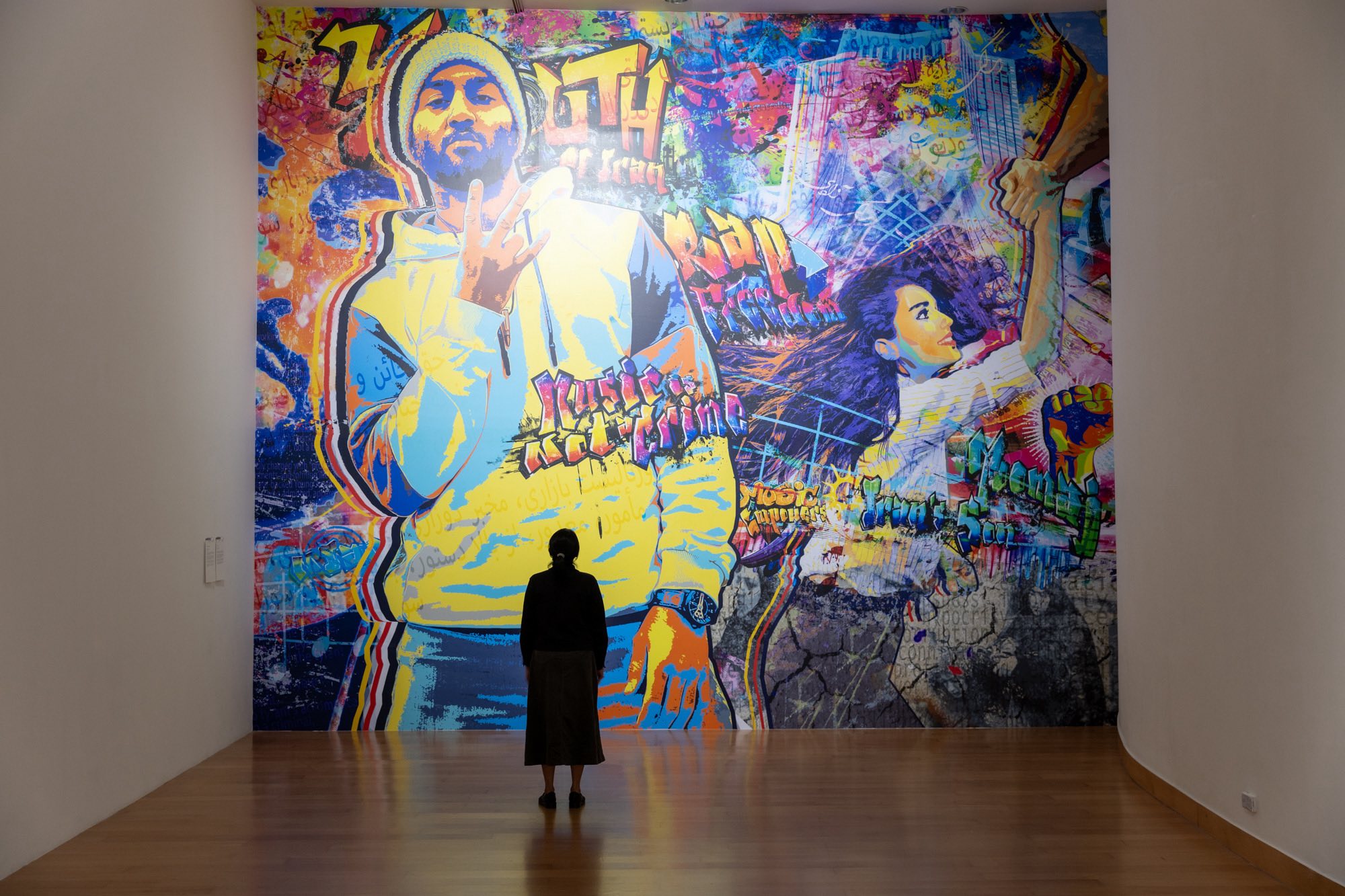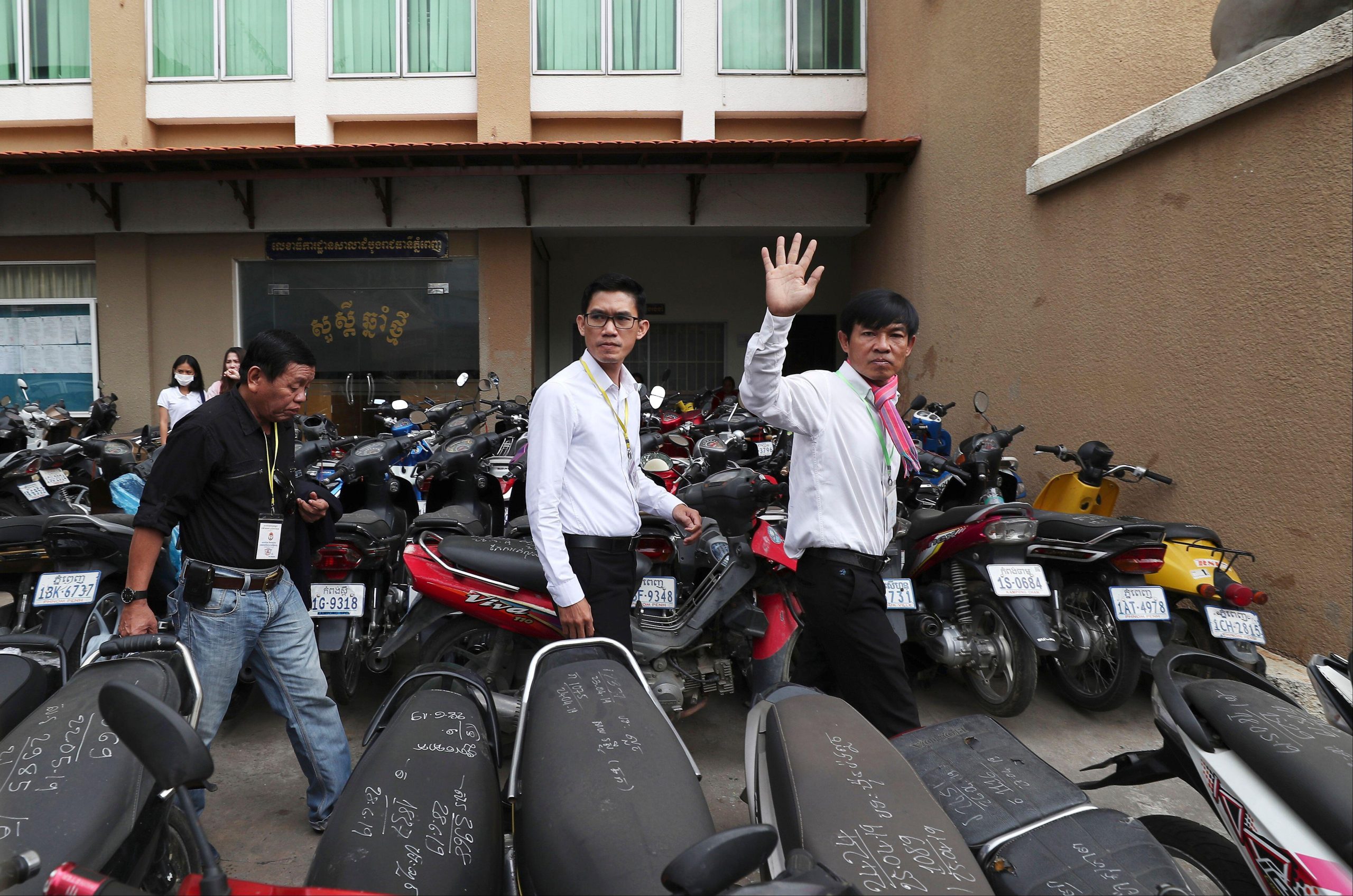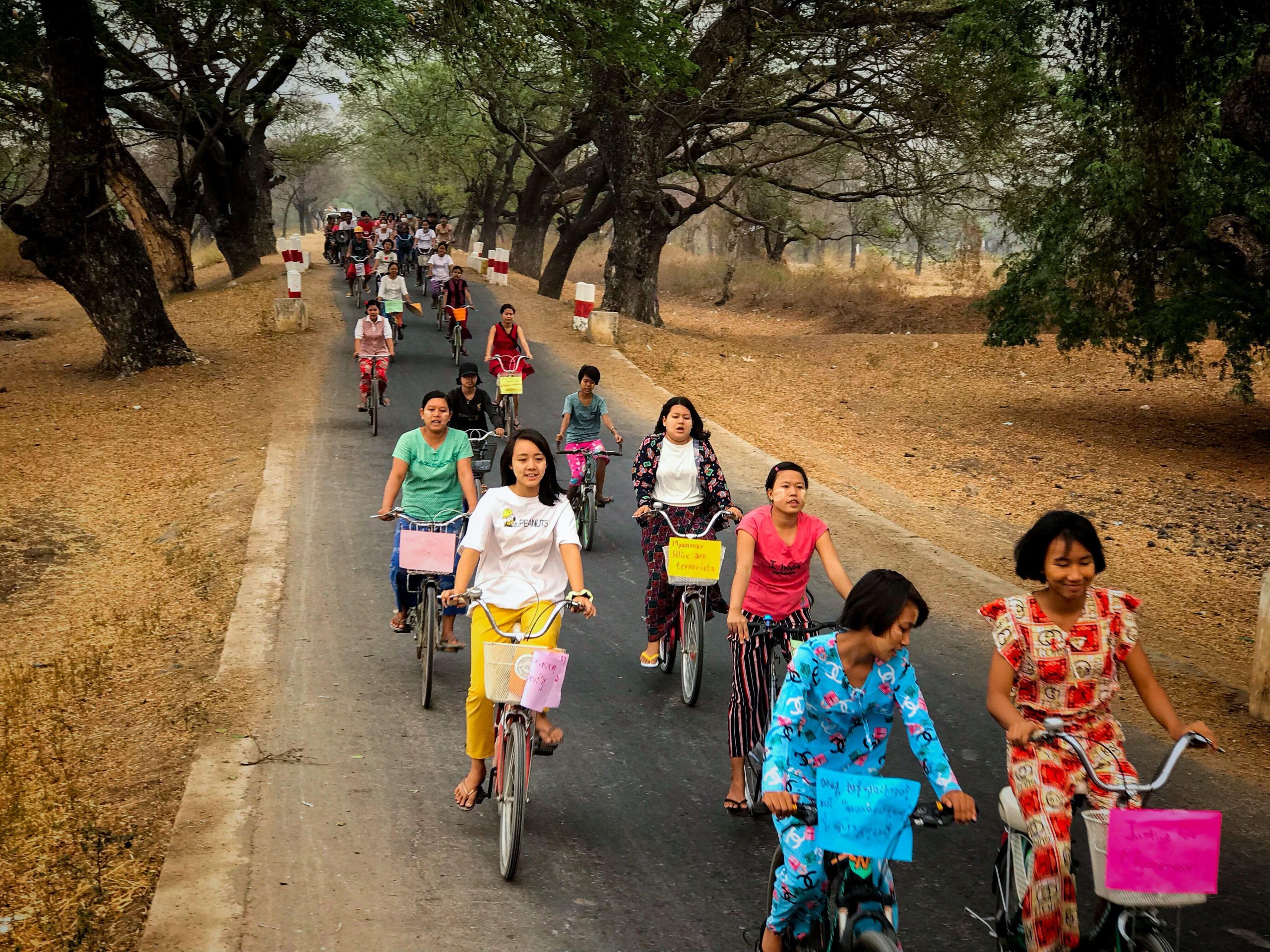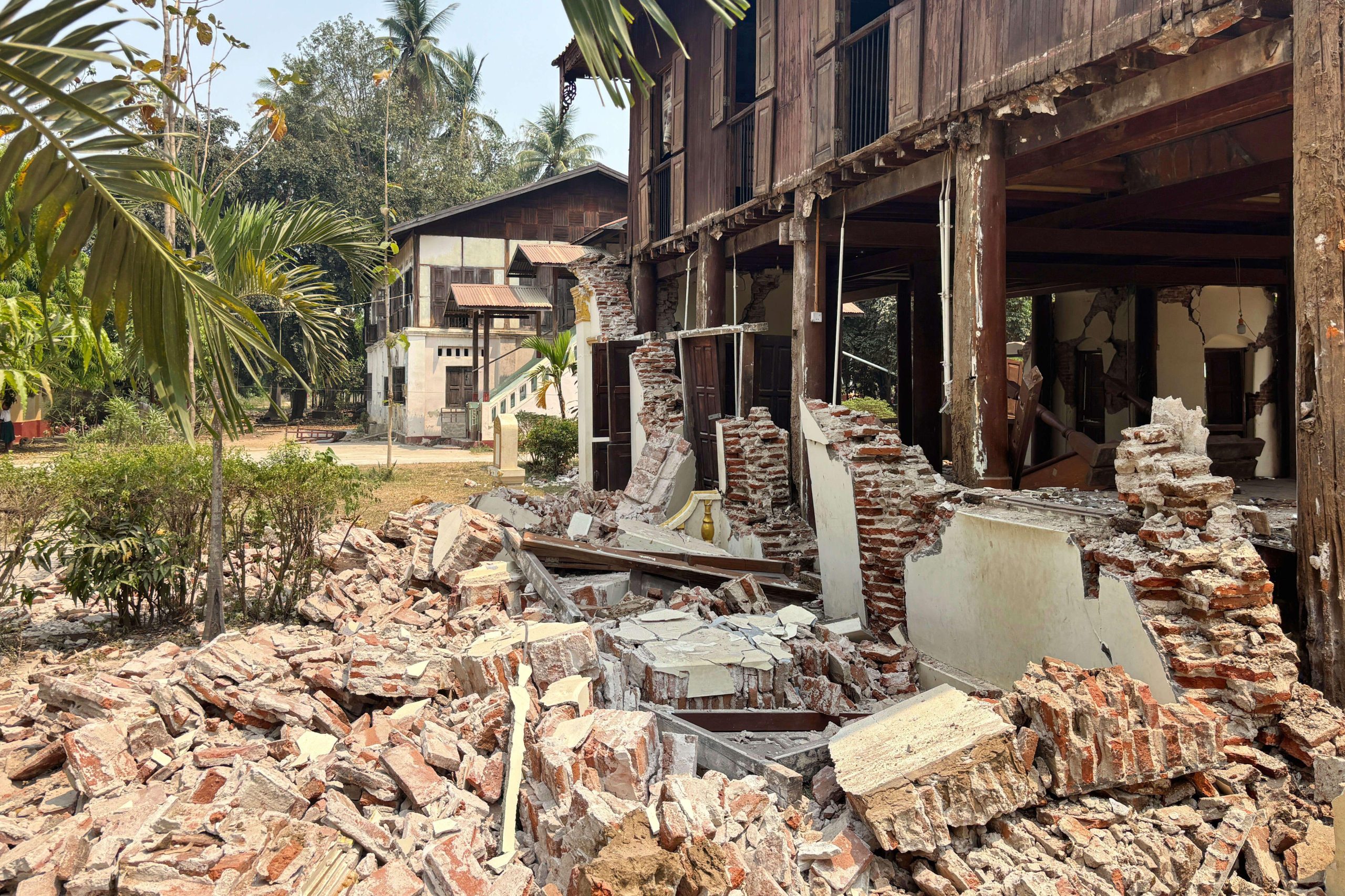Burma has made significant advances during the transition period, with progress across all the categories of this report: politics & society, media freedom, artistic freedom and digital freedom. The situation in the country has significantly improved since the beginning of the transition.
Underpinning the increased freedom of expression are the significant political changes that have seen the release from house arrest of Aung San Suu Kyi and the election of NLD parliamentarians during the 2012 by-elections. The release of Aung San Suu Kyi, the regime’s most high-profile critic and political opponent, and other political prisoners was seen as a public signal to the Burmese people and civil society that the transition to civilian government was a possibility and that the government would tolerate dissent to greater latitude than in the past. Beyond this, a number of concrete advances have been made for freedom of expression including the abolition of the censorship boards, the end to the filtering of social networks and VOIP telecommunications, the return of daily newspapers and the greater latitude given to political expression, press comment and artistic expression by government officials.
There still remain challenges that limit freedom of expression in Burma. The legal framework is largely unchanged during the transition with a number of laws that restrict and impact upon freedom of expression namely: the State Protection Act (1975), the Unlawful Association Act (1908), the Television and Video Law (1985), the Motion Picture Law (1996), the Computer Science and Development Law (1996), the Printers and Publishers Registration Act (1962) and significant sections of the penal code.[37]
It is of concern that laws enacted or proposed since the transition also fail to protect freedom of expression and assembly namely the Peaceful Assembly and Peaceful Procession Law (passed in 2011) and the new draft Printing and Publishing Enterprise Law (drafted by the Ministry of Information). These laws signal that the government’s future commitment to reform may be less bold than the framework provided by the relaxation of the existing laws.
In light of this, it is clear that the lifting of targeted sanctions by the US and EU was premature without a strategy to maintain leverage in Burma to allow future reform. The lifting of the sanctions has disabled one important tool of leverage the US and EU had for Burma. While the US and EU continue to exercise leverage through the benefits for the regime of economic investment, this leverage must be used strategically to embed the transition. Without more structured reform of Burma’s draconian legal environment, civil society will continue to face the ever-present risk of imprisonment for exercising its universal right to freedom of expression.
There is now a dangerous impasse, with the relaxation of sanctions reducing the incentive for the government of Burma to reform the remaining restrictive laws, while continued ethnic conflict is reducing the political impetus and attention on reform by both the government of Burma but also external partners.
To maintain Burma’s progress during the transition, real concrete steps are needed to protect freedom of expression, including in the short-term the abandonment of the draft Printing and Publishing Enterprise Law, a commitment not to use emergency legislation and a clear roadmap for reform of the restrictive laws identified by the end of the next parliamentary session. Without a roadmap, the concerns of civil society that the transition is merely transitory will strengthen and the pushing of boundaries by artists, journalists and civil society groups in Burma will abate.
To maintain the progress of the transition the government of Burma must:
- Prepare a roadmap in this session of parliament that lays out how Burma will reform the legal framework that curtails freedom of expression. The reform must curtail the emergency legislation imposed by the military regime; end the licensing of newspapers and decriminalise defamation, open up access to the internet and remove restrictive laws that penalise its use and annul provisions in the penal code dating from British colonial rule that criminalise political speech and freedom of association. The EU, US and other partners must be prepared to revisit sanctions if the government of Burma fails to deliver this roadmap.
- Abandon the restrictive press law put forward by the Ministry of Information and allow the Press Council to continue to lead on the process of drafting a new legal framework for the press and other media actors.
- Prior to enacting a new legal framework for the press, the use of emergency powers to ban the publication of media in Burma must be stopped.
- Bureaucratic hurdles to freedom of expression should be removed immediately, in particular the requirement for permits for public performances (live music, public art, political readings) to be signed off by multiple layers of government.
- The government should give clear instructions to local police forces that the use of restrictive legislation to stop peaceful public demonstrations is excessive and should be stopped in particular Article 18(b) of the Peaceful Assembly and Peaceful Procession Law and section 505 of the penal code.
Mike Harris is the Head of Advocacy at Index on Censorship. He tweets @mjrharris.
Burma: Freedom of expression in transition: Introduction | Politics and society | Media freedom | Artistic freedom of expression | Digital freedom of expression | Conclusion | Full report in PDF format
[37] In particular sections 143, 145, 152,499 – 505, 505 (b) and 295 (A) of the penal code.




